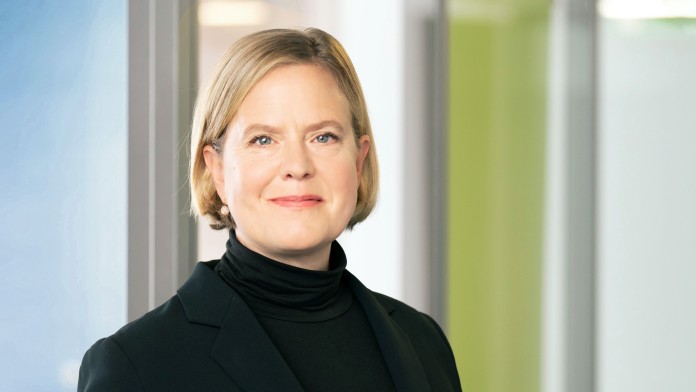Press Release from 2018-05-29 / Group, KfW Research
KfW Start-up Monitor 2018: Structural quality of start-ups continues to improve
- 557,000 first-time founders took the plunge last year
- Share of opportunity start-ups was an encouraging 60 per cent
- Berlin again outperformed Hamburg, Brandenburg is catching up
The number of SME start-ups continued to decline in 2017. A mere 557,000 persons (-17% on 2016) started their own business last year. For many, finding salaried employment just was too easy (press release of 21 February 2018). What is encouraging is that the trend in economically particularly significant start-ups has moved in the opposite direction, as the proportion of opportunity entrepreneurs has risen by 8% and innovative entrepreneurs by 31%. The share of digital start-ups also increased from 21% to 26%. “The structural quality of start-up activity is improving. We must do all we can to continue supporting innovative and growth-oriented entrepreneurs. Our competitiveness in the years ahead will crucially depend on having a significant number of innovative businesses because they are a major job engine of the future”, said Dr Jörg Zeuner, Chief Economist of KfW Group, on the occasion of today’s presentation of the KfW Start-up Monitor 2018, the annual representative analysis of start-up activity in Germany. But the analysis has revealed a potential further barrier for this promising group: First-time founders who established new businesses, as opposed to takeover or co-founder entrepreneurs, created 170,000 full-time equivalent jobs, but 52% of them had difficulty filling these positions.
Other key findings of the KfW Start-up Monitor:
- In the state-by-state ranking of start-up activity, Berlin leads Hamburg by a nose and is back on top of the chart. Brandenburg benefited from the momentum in Berlin. It was the only state with increased start-up activity, moving up to seventh rank.
- The share of women in start-up activity dropped again by three percentage points to 37% overall in 2017. The decline was limited to full-time founders and is the result of greater full-time start-up activity by men.
- The majority of founders are dependent on funding to start the business (60%). Thirty-nine per cent of founders use only funds of their own, while 8% mobilise sums in excess of EUR 25,000 from external capital providers. Last year they used more external funds again, averaging a good EUR 120,000, the highest sum since 2012.
- Last year 14% of founders had difficulty funding their business, mostly because they would have preferred to use more own funds than they had at their disposal (10%). The share of founders whose loan application was denied was 4%.
- The KfW Start-up Monitor shows that founders generally favoured the changes announced for them by the new government coalition (such as exempting them from the monthly turnover tax advance return), and that experts rate the specific start-up conditions better than two years ago. Nevertheless, impulses that would jumpstart entrepreneurial activity again in 2018 are currently nowhere in sight. The number of start-up plans has stagnated and the absorption effect of the labour market should remain strong this year as well.
Note:
The KfW Start-up Monitor can be found at: www.kfw.de/gruendungsmonitor.
You will find an interesting dossier on the topic of “Digital start-ups” on KfW’s storytelling platform: www.kfw.de/stories/dossier-digitale-gruender.de (available only in German).


Share page
To share the content of this page with your network, click on one of the icons below.
Note on data protection: When you share content, your personal data is transferred to the selected network.
Data protection
Alternatively, you can also copy the short link: https://www.kfw.de/s/enkBbm2w.BzIA
Copy link Link copied